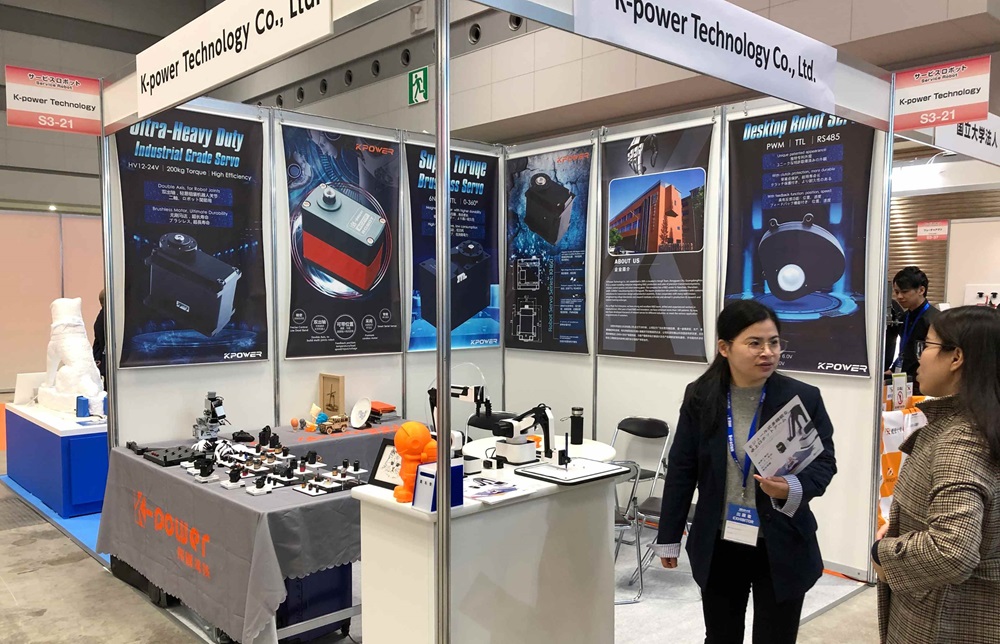Ever wondered how some applications seem to grow effortlessly, adapting and evolving without breaking a sweat? The secret often lies in the magic of microservices design, especially if you’re following the 12 principles that turn chaos into manageable chaos. Think of it like building a city where each neighborhood is independent yet connected, allowing for flexibility, speed, and resilient growth.

First off, the core idea is decomposition—breaking down complex systems into smaller, manageable pieces. It’s like how a chef prepares a gourmet meal by chopping, blending, and assembling ingredients. Each microservice handles a specific task, making updates or fixes faster. No more waiting for a whole monolith to be rebooted every time something small changes.
Flexibility is king here. Imagine updating a single feature without disrupting the entire app. That’s exactly what adheres to the principle of independent deployability. The benefit? Imagine being able to push out improvements or patch bugs in real-time, without any dreaded downtime. As user expectations get higher, this becomes a game-changer.
But what really keeps these microservices thriving is loose coupling. You know how too many tangled cords hurt? Same in software. When services are loosely connected, a hiccup in one doesn't cascade into the rest of the system. This design kind of gives a safety net that makes catching and fixing issues faster, and less painful.
And then there’s the question—how do you grow without chaos? The answer is clear: maintain autonomy. Each service should own its own data and logic, kind of like independent business units within a corporation. This separation creates clarity and efficiency, enabling different teams to optimize and innovate at their own pace.
Another point that gets overlooked but is vital is resilience. Think of each microservice as a small ship in a fleet. If one hits rough waters, it doesn’t sink the whole fleet. This design builds fault tolerance into the architecture, so your system can handle hiccups without collapsing.
Seamless communication? That’s where APIs come in. They’re the bridges connecting all these tiny islands. Clear, simple, standardized communication ensures everything works like clockwork without confusing overlaps or missed signals.
A quick question—how do you stay ahead in a fast-changing world? Well, frequent iteration and continuous deployment become your best friends. Microservices make it feasible to keep rolling out incremental updates, so your product stays fresh and competitive.
So, why does all this matter? Because when built around these principles, microservices empower you to innovate faster, scale smarter, and handle failures gracefully. Jumping into microservices without these guiding principles? That’s like trying to sail without a compass—possible, but a lot of unnecessary rough waters.
Curious how businesses are turning these principles into real-world advantage? There’s a reason many tech-forward companies swear by this approach—it's the backbone of agility and resilience. If creating an adaptable, future-proof system sounds appealing, it’s definitely worth delving deeper into the 12 core principles that make microservices tick.
Established in 2005, Kpower has been dedicated to a professional compact motion unit manufacturer, headquartered in Dongguan, Guangdong Province, China. Leveraging innovations in modular drive technology, Kpower integrates high-performance motors, precision reducers, and multi-protocol control systems to provide efficient and customized smart drive system solutions. Kpower has delivered professional drive system solutions to over 500 enterprise clients globally with products covering various fields such as Smart Home Systems, Automatic Electronics, Robotics, Precision Agriculture, Drones, and Industrial Automation.




































